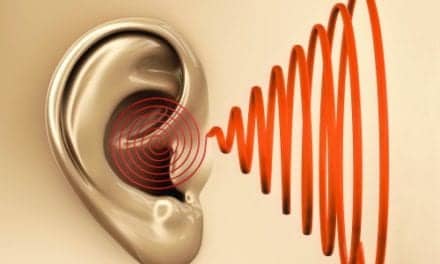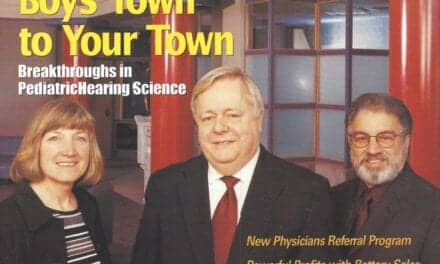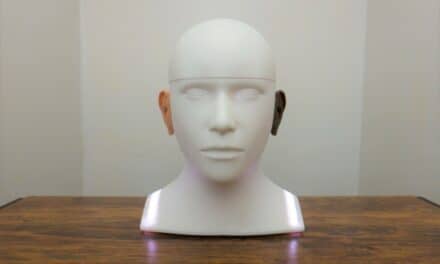Rochester, Minn — Mayo Clinic researchers have discovered two genetic mutations responsible for a devastating neurological condition that slowly causes dementia and hearing loss. The researchers say their study has revealed a new neural pathway that may help understand a variety of similar conditions.
"We were able to do this now because of next generation genomic sequencing technology," says Christopher Klein, MD, Mayo Clinic neurologist and lead author of the study published in Nature Genetics. "We also had the invaluable help of our international collaborators who helped identify additional extended families with this condition, making the extensive genetic data available to us."
Called Hereditary Sensory and Autonomic Neuropathy Type 1 (HSAN1) with Dementia and Hearing Loss, it begins to appear in patients between 20 – 35 years old.
As the condition progresses, the patient’s cognitive ability, hearing, and ability to sense limbs start to deteriorate slowly. There is no treatment or cure.
HSAN1 was first identified and described by Peter Dyck, MD, a senior Mayo neurologist and coauthor of this current paper. In addition to the original family studied by Dyck, Klein’s team focused on DNA samples and data from three other family groups spanning the United States, Japan, the United Kingdom, and Australia.
Among their findings, the team discovered that certain gene mutations cause misfolding of a particular enzyme, which decreased enzyme activity and loss of chromatin binding.
Because the condition worsens with age, the researchers say that its effect is cumulative and that it directly alters the genome after birth.
While the findings offer no immediate treatment for the affected families, the discovery does provide a much greater understanding of how the disease functions, and directions for future research in neurodegeneration.
Below is a video interview with Dr Klein about the study.
The study was funded by the National Institutes of Health and the Muscular Dystrophy Association.
SOURCE: The Mayo Clinic




